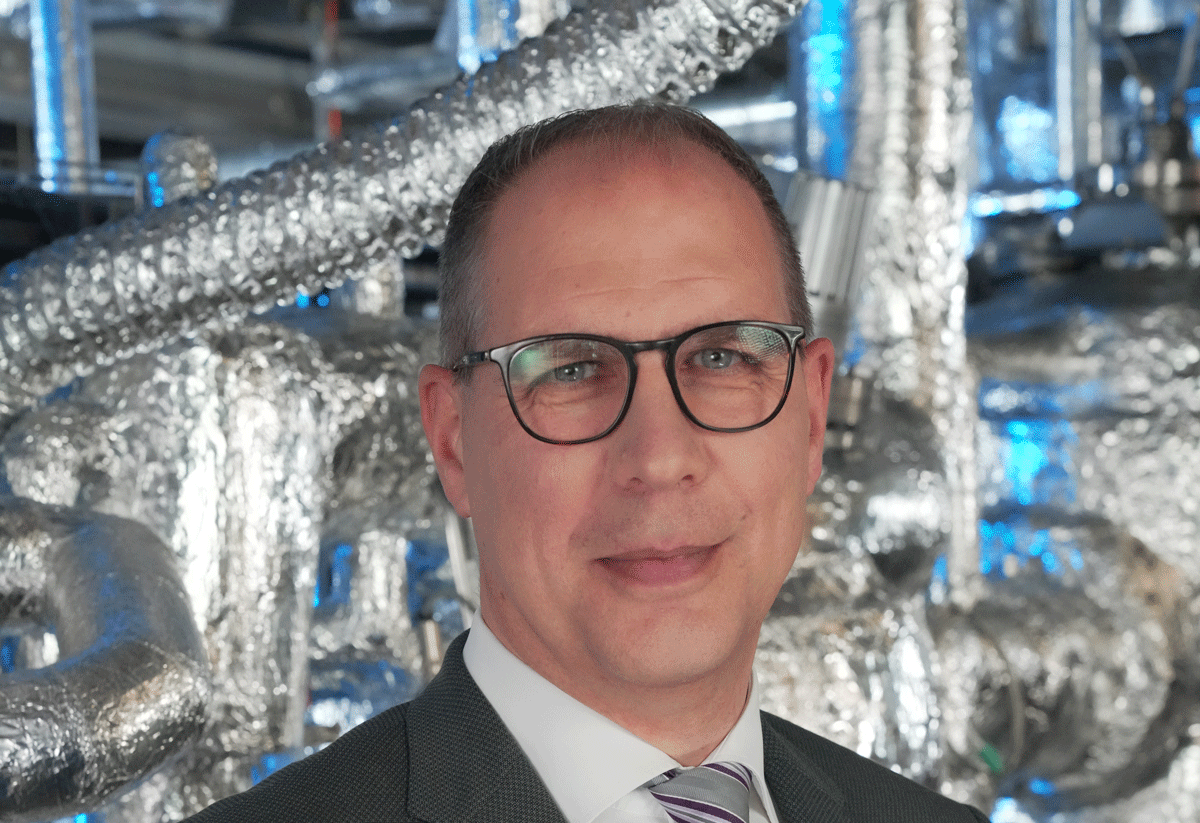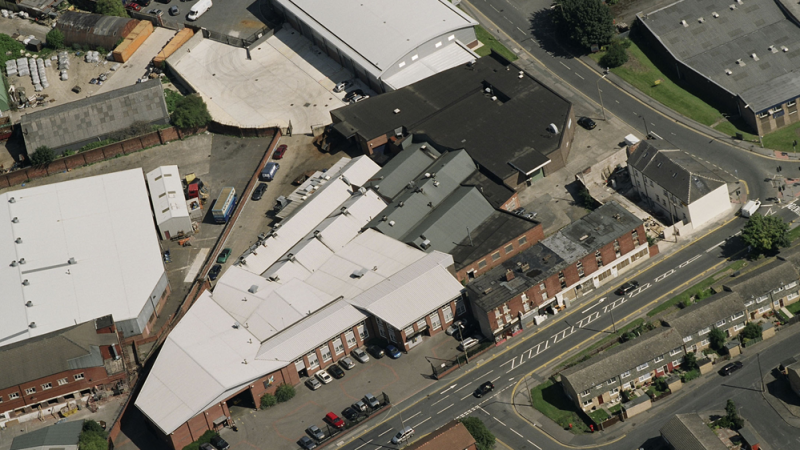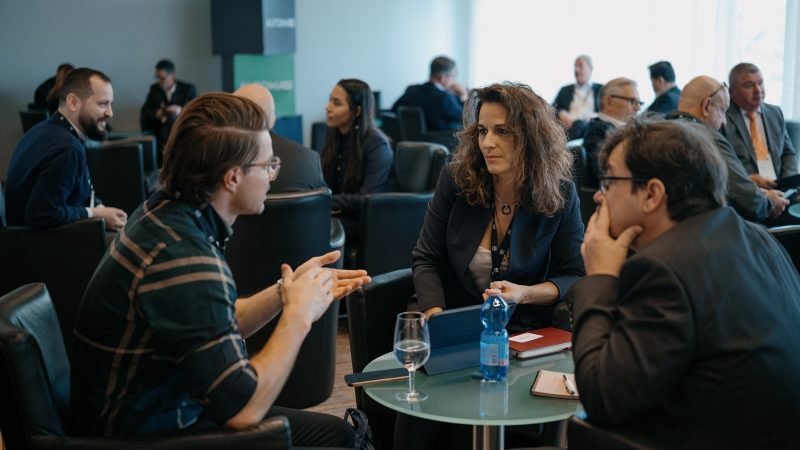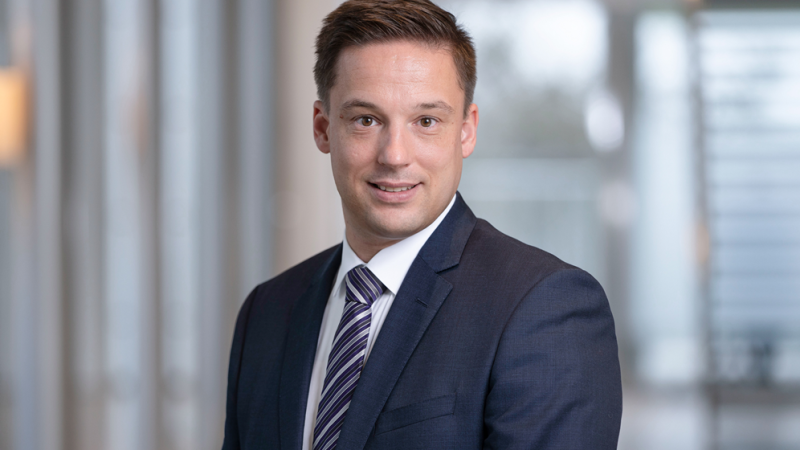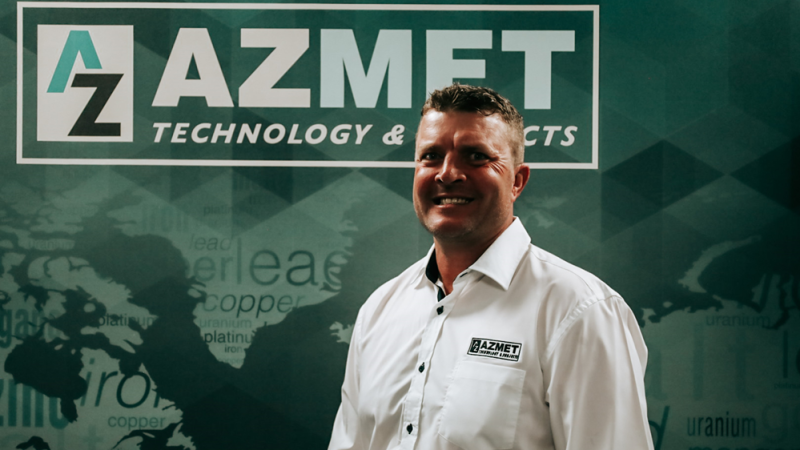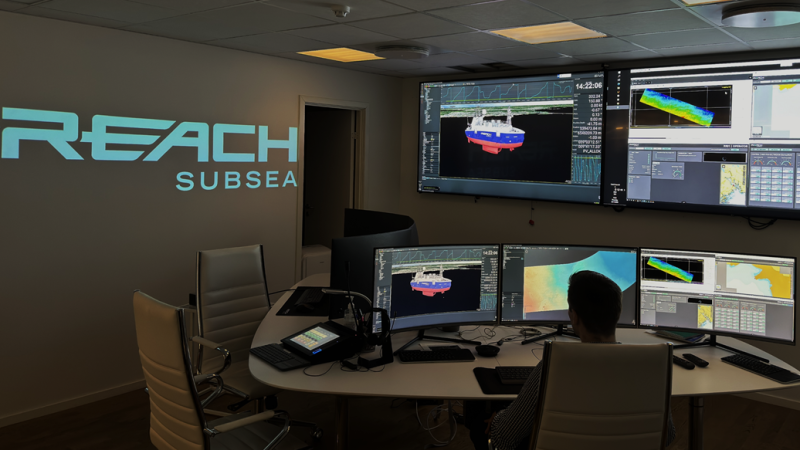With two centuries of experience in developing innovative products and services that drive sustainable progress, Sulzer serves its customers through three dedicated and highly specialized divisions, each with its own global reach and industry-leading expertise. The company has been headquartered in Winterthur, Switzerland, since 1834. In 2022, Sulzer’s 12,900 employees delivered revenues of CHF 3.2 billion.
“We are a relevant player in our industries and as a top industrial company, we aspire to making an impact. We build our business on helping our clients to succeed in a competitive environment and driving for a sustainable future in parallel. It is about being excellent in what we do: in innovation, project execution and creating long-lasting relationships with our clients,” says Suzanne Thoma, Sulzer’s Executive Chairwoman.
With its network of 180 world-class manufacturing facilities and service centres, supported by a strong R&D capability, the company offers solutions, pumps, and rotating machinery services for the energy sector as well as technology packages for the water industry. Technology development focuses on advanced solutions to enable carbon emission reductions, the development of polymers from biological sources, the recycling of plastic waste and textiles, and efficient power storage.
Dr Uwe Boltersdorf, President of the Chemtech division, updated us on the latest developments within the Group, with a particular focus on his own division – the smallest of the three and yet the global market leader in innovative mass transfer, static mixing and polymer solutions for chemicals, petrochemicals, refining and LNG.
Chemtech operates four manufacturing sites in China, India, Mexico, and Korea, and is just about to open a new, fifth facility in Germany, to be able to better serve the European market. Its product offering ranges from process components to complete process plants and technology licensing.
“With our deep understanding of the industry, we appreciate our customers’ needs to remain competitive as they strive to deliver sustainable products and processes – which is why we work to maximize efficiency, performance, and productivity by default. This is how we ensure that our range of mass transfer components enables businesses worldwide to adopt more sustainable practices,” says Dr Boltersdorf.
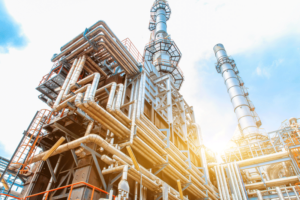 Technologies for a circular economy
Technologies for a circular economy
He acknowledges that Chemtech has a strong portfolio of products and components, and is also developing a very strong technology offering, to provide comprehensive solutions to end-clients. The various technologies can be also licensed for production of biofuels, synthetic aviation fuels and biodegradable and bio-based polymers. For example, polylactic acid (PLA), now replacing the commodity polymers used in many products, including packaging.
In December 2023, the company expanded its portfolio of licensed technologies for the manufacture of polylactic acid (PLA) to include a new process solution – SULAC™ – developed to meet market demand for the biopolymer and ultimately facilitate the broad adoption of more circular and sustainable high-quality plastics.
This followed another recent launch of a new end-to-end licensed technology – CAPSUL™ – for the continuous manufacturing of polycaprolactone (PCL), a biodegradable polyester often used in the packaging, textile, agricultural and horticultural industries.
Dr Boltersdorf explains that, as a biodegradable polymer, PCL has a crucial role to play in the reduction in plastic waste. “Plastic waste is the next big topic to be addressed. We look forward to enabling the larger-scale production of PCL from conventional and more renewable resources, as we continue to support industry stakeholders in levering their competitive edge in sustainability.”
Carbon capture and storage
Energy efficiency is another area where Sulzer’s advanced solutions come to the fore. Sulzer works closely with customers to apply its high-end technologies and services for effective carbon capture and storage.
In November last year the company announced that its mass transfer technologies are being leveraged by Messer Group, the world’s largest privately owned industrial gas specialist, in collaboration with a manufacturer of inorganic chemicals to enable innovative carbon capture and utilization at a plant in Landeck, Austria. Sulzer Chemtech’s carbon capture technology permits the capture of more than 50,000 tons of CO2 per year, which will be re-used in the food & beverage industry and by other companies from nearby regions.
“What made this project really interesting for us is that we worked with two leading companies in their markets, both of whom are our long-term partners: the end client that is operating the plant, and the licensor that sold the technology to them. This is a perfect example of how we do business with partners in industry. Collaboration is key and specifically in terms of sustainability, positive outcomes can only be achieved with joint efforts. The project also demonstrated that scaling up the technology is possible.”
Sulzer’s solution offers another significant benefit: lower cost. The company developed a new structured packing for absorbing carbon dioxide more efficiently from the flue-gas streams of fossil-fuelled power plants, a system called MellapakCC that significantly reduces the column size and the pressure drop across the carbon dioxide absorber, thus reducing capital and operational expenses.
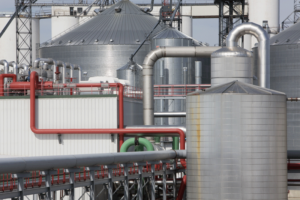 Open to new opportunities
Open to new opportunities
Dr Boltersdorf points out that the company has been growing organically, and by innovating and working closely with clients, its technologies are constantly being further developed. This development is strongly supported by investment. “We are building several test units in our R&D centres so that our customers can test technology directly on the spot.”
One such new clean technology R&D centre is currently being built in Singapore – to be inaugurated in March 2024 – where Sulzer will focus its research activities on chemical separation processes for circular operations such as polymer recycling and bio-based fuel. “With our clean technology R&D centre in Singapore we continue to anticipate and address market needs and enable sustainable manufacturing in the region, and to come closer to our clients in the region. It’s a great location with a lot of potential partners we can work with.”
On the product side, Dr Boltersdorf reveals that the Sulzer R&D team is working on, amongst other tasks, developing mobile units allowing the technology to be easily brought to customers’ sites. This would further boost customer trust in Sulzer’s solutions and further enhance customer proximity.
In concluding, he points out that while sustainability topics are driving business forward, the company continues to develop its traditional solutions – the extensive portfolio of state-of-the-art products for distillation, absorption, stripping, evaporation, phase separation, liquid-liquid extraction, and crystallization. However, he affirms that the share of the sustainability-driven businesses, currently at 15%, is set to increase. “Overall, Sulzer will continue to invest in R&D and to use its expertise to address environmental challenges with a wide variety of clean-tech solutions.”
